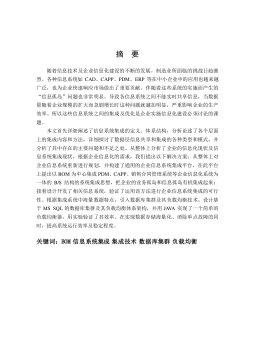从中美对比看宗教哲学对商业精神的影响
iiABSTRACTThedevelopmentofhumansocietyandcreationofnumeroushi-techdevicesmakeculturalcommunicationmucheasierandfaster.Theassimilationandintegrationamongdifferentculturesmakesculturesbecomemoreandmoresimilar.Yetdifferencesanddiversitiesstillhavegreateffectsonthequalityofcommunication.Amongallthecultu...
相关推荐
-
公务员思想政治教育研究VIP免费
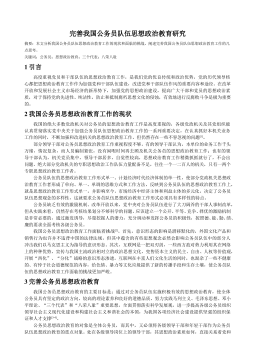
 2024-10-15 30
2024-10-15 30 -
在线社会网络中用户行为的实证分析与机制建模研究VIP免费
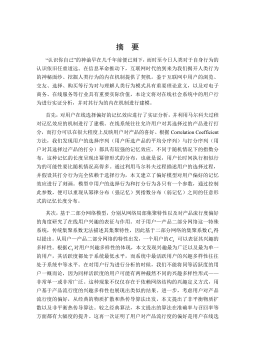
 2025-01-09 6
2025-01-09 6 -
智能优化方法对神经网络的改进及应用研究VIP免费
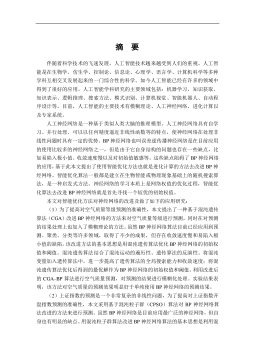
 2025-01-09 6
2025-01-09 6 -
鲜切哈密瓜保鲜技术研究VIP免费
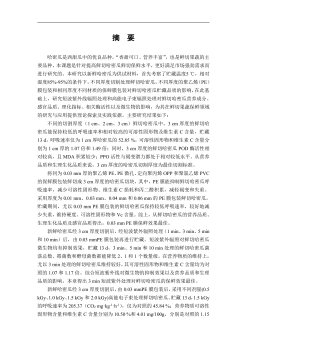
 2025-01-09 8
2025-01-09 8 -
小城镇道路网级配方法及应用研究VIP免费
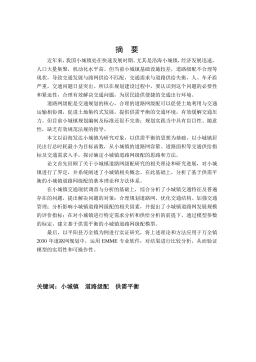
 2025-01-09 6
2025-01-09 6 -
医学信息集成测试系统的研究与实现VIP免费
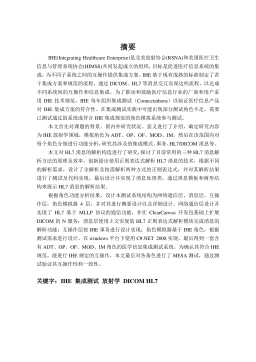
 2025-01-09 7
2025-01-09 7 -
余热驱动氨水吸收式制冷系统的理论及实验研究VIP免费
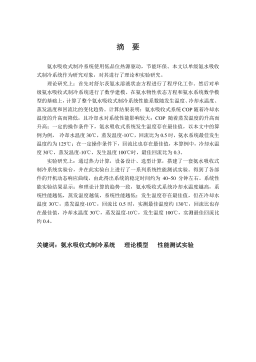
 2025-01-09 7
2025-01-09 7 -
喷雾降温技术适用性及热环境研究VIP免费
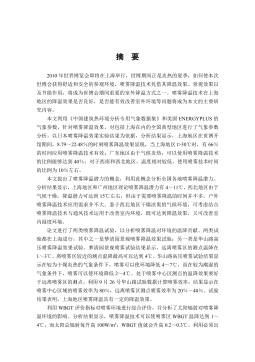
 2025-01-09 8
2025-01-09 8 -
收缩—扩张喷嘴的气泡雾化数值模拟VIP免费
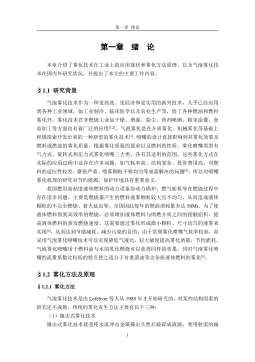
 2025-01-09 8
2025-01-09 8 -
支持供应链的工作流系统结构及其计划与调度的研究与应用VIP免费
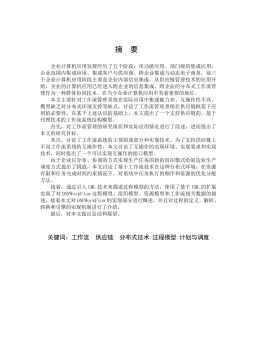
 2025-01-09 11
2025-01-09 11
相关内容
-

医学信息集成测试系统的研究与实现
分类:高等教育资料
时间:2025-01-09
标签:无
格式:PDF
价格:15 积分
-

余热驱动氨水吸收式制冷系统的理论及实验研究
分类:高等教育资料
时间:2025-01-09
标签:无
格式:PDF
价格:15 积分
-

喷雾降温技术适用性及热环境研究
分类:高等教育资料
时间:2025-01-09
标签:无
格式:PDF
价格:15 积分
-

收缩—扩张喷嘴的气泡雾化数值模拟
分类:高等教育资料
时间:2025-01-09
标签:无
格式:PDF
价格:15 积分
-

支持供应链的工作流系统结构及其计划与调度的研究与应用
分类:高等教育资料
时间:2025-01-09
标签:无
格式:PDF
价格:15 积分


